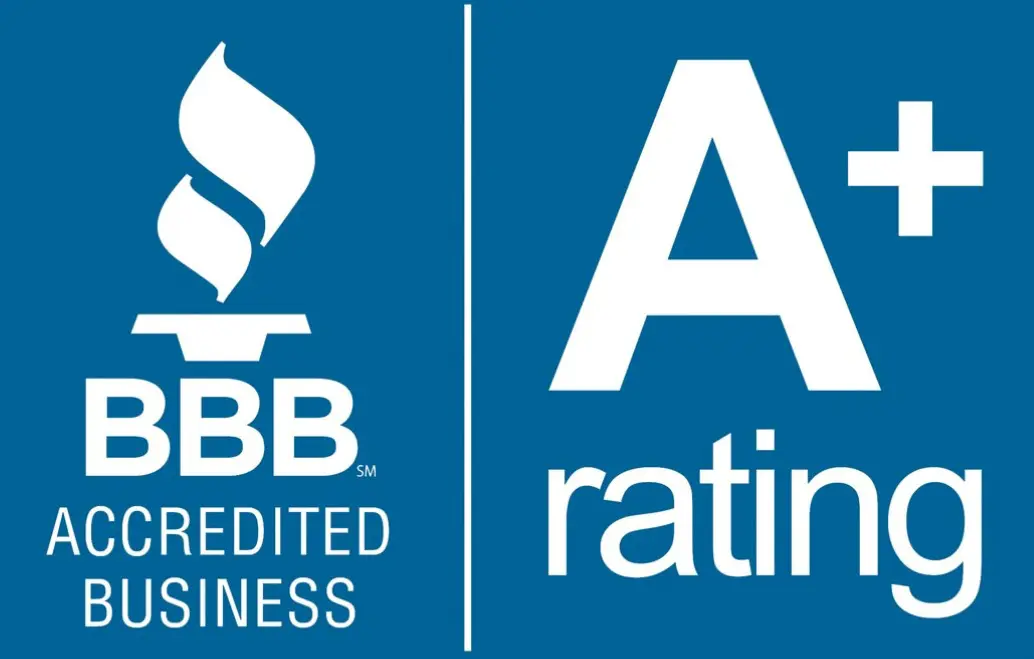From Day 1 – How To Help A New Employee Adjust

As an employer, it’s your job to capitalize on this opportunity that only comes once during your employer-employee relationship, and make them feel welcome, comfortable, and included in their new environment. Many companies neglect this step of the employee onboarding experience, which plays a factor in the high rate of turnover from employees within their first six months of starting a job. A well-performed onboarding experience can make a huge difference when bringing a new employee up to full productivity, and a positive experience on their first day will help keep them around for the long-term.
Prepare for their arrival beforehand.
Employee onboarding doesn’t begin on an employee’s first day – it begins the second they accept the job. Make sure they have a clean, fully-stocked workspace that provides everything they’ll need for the first day, including a desk, supplies, a company computer, and usernames and passwords. They will have a lot on their mind on the first day – make sure they don’t have to scramble or wait for basic necessities on top of it all.
You’ll also benefit from helping your hire prepare mentally. Prepare the newest member of your team by providing them with materials that help acquaint them with the company culture and get them to look forward to their first day. For example, show them videos of one of your favorite team-building activities. Send them information about the interesting perks provided inside the office.
Introduce them to the team.
Social barriers are the biggest obstacle a new hire will face when starting life with a new company. It’s natural for humans to observe their peers before engaging in social behavior, so don’t be surprised when your newest talent seems quiet at company meetings. Help them overcome their initial social anxiety by introducing them to the team, and letting them know that their input is welcome and encouraged. The quicker a new employee becomes acquainted with their peers and the expectations of the company, the quicker they’ll feel comfortable with providing you with the insight you hired them to give.
Don’t lose them in the “noise” on their first day.
As a business owner or hiring manager, you undoubtedly have a great deal of responsibility, as well as day to day competing priorities. A routine Monday can quickly turn into a pivotal moment for your business, and it’s normal for your otherwise open schedule to quickly fill with short-notice meetings or business emergencies. You must account for this when planning your new employee’s first day.
First, be ready to greet them at the door when they first show up. Make sure your morning is clear enough to make an un-rushed introduction to the team, and provide a tour of the office. Don’t let an unexpected email or phone call derail you from giving them a warm, genuine welcome. If your attention is diverted or unfocused, you risk making your new talent feel unimportant or uninteresting. Once you’ve ensured they have everything they need to begin their work, check in with them throughout the day to see how they’re feeling. Show them that you’re a supervisor who cares.
Invest in your long-term relationship.
Onboarding is a process that doesn’t take place overnight. Make a good impression on their first day, and continue building on that relationship over time. Keep in regular contact with them to gauge their workplace satisfaction. If your workforce is larger and it’s not feasible for you to keep tabs on all of your hires personally, assign them a mentor to help them adjust to their new job. Starters tend to feel the need to overproduce and overwork to “prove” themselves to you. Having a more experienced peer close at hand can have a relieving effect on the stressed newcomer.
In conclusion, the first day can be a major source of stress for everyone involved – the new employee, managers, and even coworkers – but this doesn’t mean it has to be. Put in the work necessary to produce a positive experience for a new worker’s first day, and you’ll enjoy a much smoother onboarding experience as a whole.
As with everything in business, the “first day” onboarding experience is made more efficient with clearly-defined company processes. If you need help creating yours, get in touch with us here for a free first consultation.

